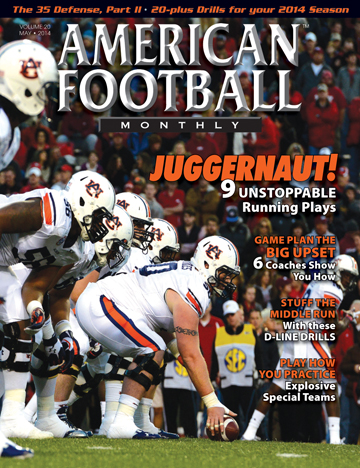Article CategoriesAFM Magazine
|
Football and Networking: What Are the Priorities?by: Charles WeldeAssistant Coach U.S Grant High School (OK) © More from this issue What do you hope to get out of the clinics and conventions you attend this off-season? Most coaches will say they are hoping to gain “one thing”. They may spend a full day or a whole weekend listening to speakers to find one minor improvement on a drill or the slightest variation to their favorite play. Clinics and conventions are great for that, but don’t ignore the networking opportunities they also present. To get the absolute most of any football professional development event you attend, try using a similar level of preparation as you would for a game. Self Scout: As you prepare for an upcoming event you need to have a good understanding of your personal networking strengths and weaknesses just like you assess the strengths and weaknesses of your football team. How are your networking skills? Can you....The full article can only be seen by subscribers.
|
|
|||||||
| HOME |
MAGAZINE |
SUBSCRIBE | ONLINE COLUMNISTS | COACHING VIDEOS |
Copyright 2026, AmericanFootballMonthly.com
All Rights Reserved





